“There’s always new ways of doing things – that’s what makes retail so exciting,” Ramesh Shingadia says, as he explains his investment in a new look for his 30-year-old store at Southwater, near Horsham in West Sussex.
The facts
- Location: Horsham, W. Sussex
- Trading since: 1983
- Staff: Five full-time, 15 part-time, 10 HND operators
- Hours: 6.30am-10pm Mon-Fri; 7.30am-10pm Sat-Sun
- Size: 2,700sq ft
- Style: A large, modern, clean store in an affluent area. A lot of drive-through trade and competition comes from 5,000sq ft Co-op nearby.
Retail Express visits seven months after the refit and immediately after Ramesh is the recipient of the Overall Best Shop award from the Independent Achievers’ Academy.
“The store was looking a bit tired,” he says. “We needed to bring it into line with what the community needs.”
First, Ramesh conducted a customer survey, asking shoppers to rate his store against a 5,000sq ft Co-op store just a stone’s throw away.
The negatives – narrow aisles, poor parking and a lack of fresh and chilled offering – spurred him to act. He has expanded the shop by 800sq ft and cut a deal to use the pub car park across the road.
Second, Ramesh and his son Alpesh took part in a study tour to visit 50 shops in three days. They observed good ideas other retailers had and adapted these for their shop.
“We looked at presentation and how they created theatre in their stores,” he says.
“One idea that jumped out at us was putting an ice cream unit in the alcohol section, creating a ‘big night in’ fridge.”
Top tips
- Analyse your data: “If you don’t have a good EPoS system, you’re short-changing yourself. There is no better source of data. You can’t go by hunches. You will be getting it wrong. EPoS is worth its weight in gold.”
- Rationalise your range: “The biggest lesson I learned was that we, as retailers, carry too much stock. We need to focus on the core range. Less is more.”
- Look at other stores: “You need to take the best things from other stores and use them in your own. The best retailers will be visiting stores and picking up new ideas.”
Ramesh is generous with his time. He has worked with Unilever on projects to improve store standards. In return, the company helped him plan his refit by using heat maps to show where customers were walking. Analysing basket spend proved that putting baskets at the front and rear of the store paid off.
Another big change was adding a village Post Office that anchors the store and “allows us to become the real hub of the community”.
But it has also been a learning curve in managing demand and avoiding queues. In the run-up to Christmas he will promote long opening hours, from 6.30am-10pm, so people can choose when to shop.
Ramesh is vice-chair at the local college, and some of its marketing students carried out customer surveys for him. He chairs the West Sussex Police advisory group, and his local MP, Francis Maude, opened the newly refitted store.
“Retailing never stops. There’s always an opportunity,” says Ramesh, and both he and Alpesh instil these values in their staff.
During December, everyone will be on the shop floor, running an express queue or taking part in food sampling. “Anything we can do to make the customer service experience better, we’ll try,” he says.
The refit also taught Ramesh a key lesson in what to stock. When he lost 20% of his floor space and cut lines, there was no effect on turnover, but losing a further 40% of floor space resulted in sales dropping by a fifth.
Delisting lines that weren’t doing well did not affect sales. But you cannot cut the core range. “The biggest lesson I learned was to focus on the core range – less is more.”
Ramesh uses EPoS data to focus on margins. Fresh and chilled sales are up, while sales per linear metre are down, from £62 to £53. “Knowing this tells us we should be sweating this category harder. Our graphs help us identify where we need to focus and what we need to do,” he says.
Alpesh says being part of a symbol is important for independents as they provide ideas, business discipline and a look shoppers like. They invited the whole market to pitch for their business and it was a lot of work analysing their strengths and weaknesses.
“It’s not just about price, it’s the whole equation. Everybody has their favourite, and I respect them for that, but Londis is right for me.
“The refit isn’t the end – it’s just the beginning.”
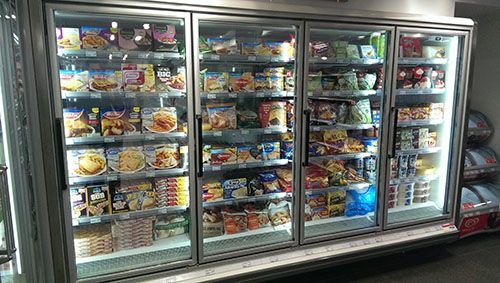
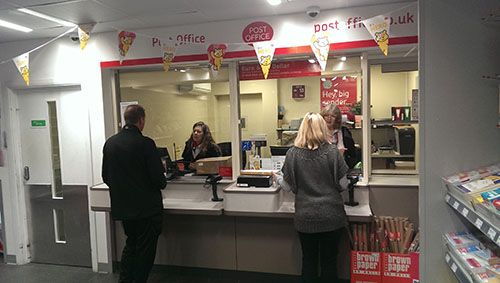
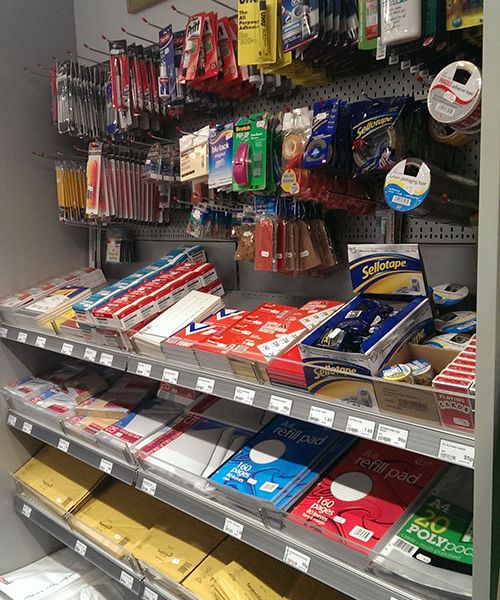
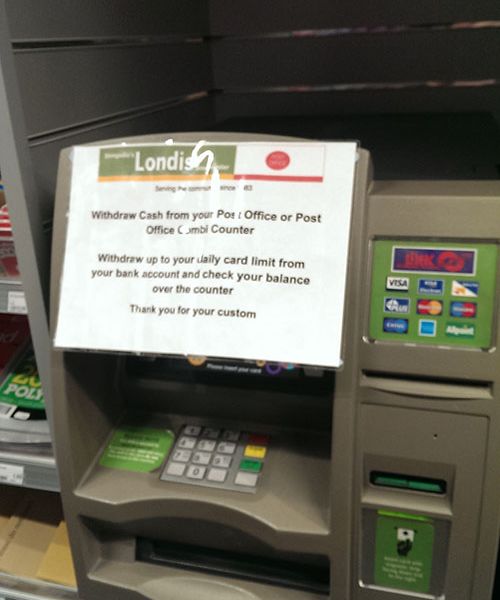
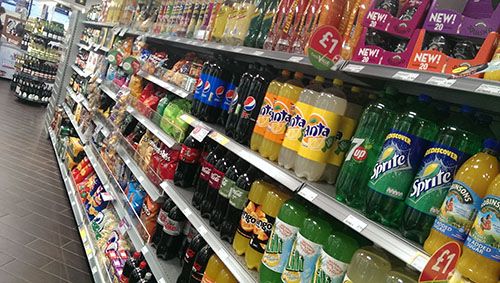
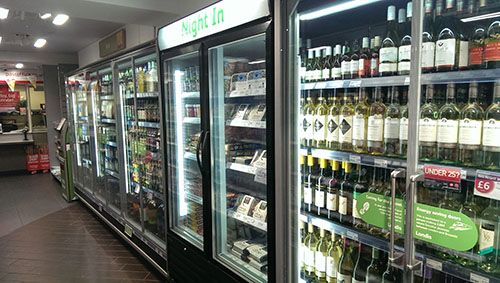
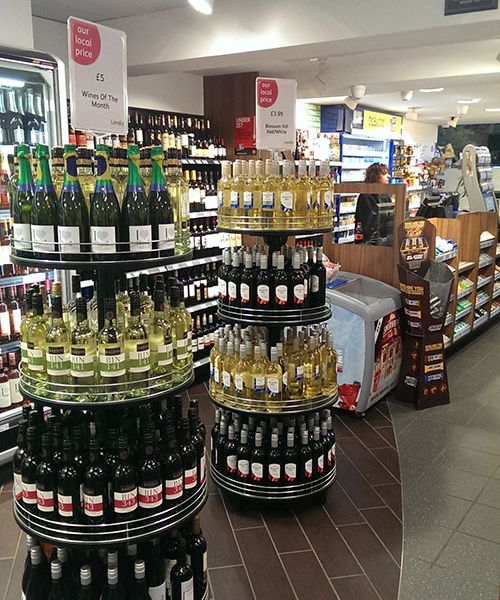
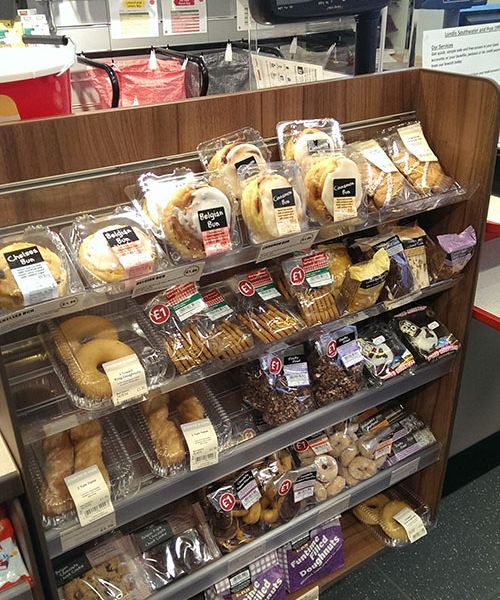
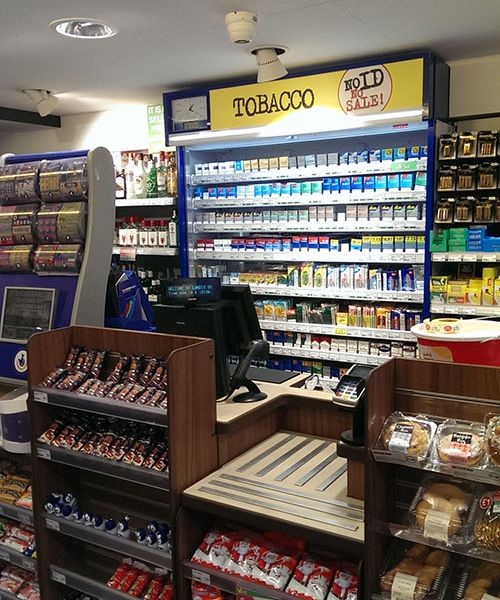
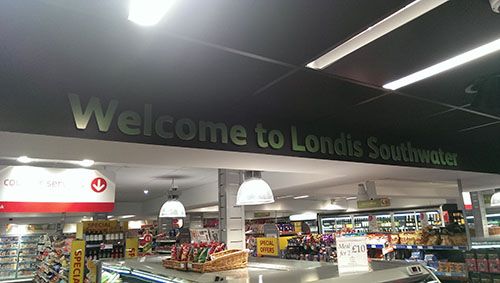
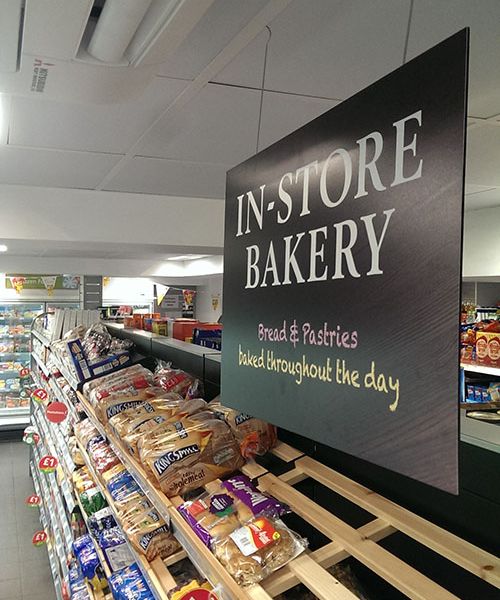
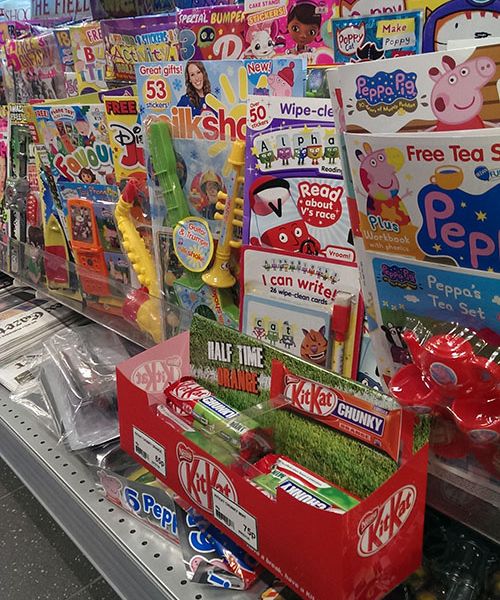
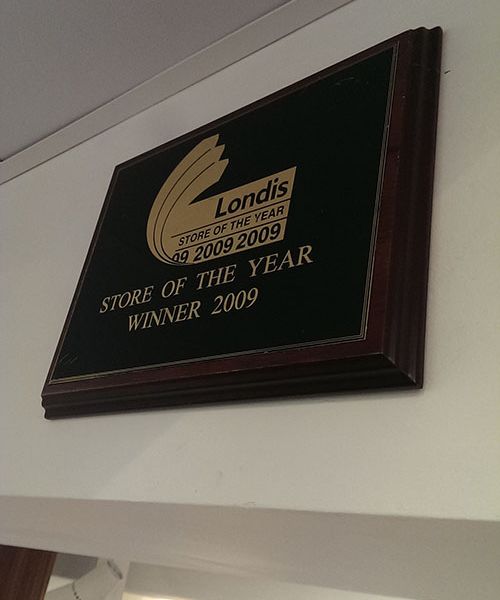
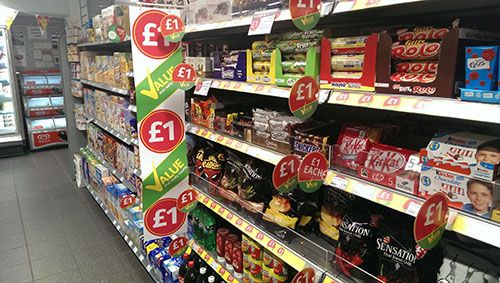
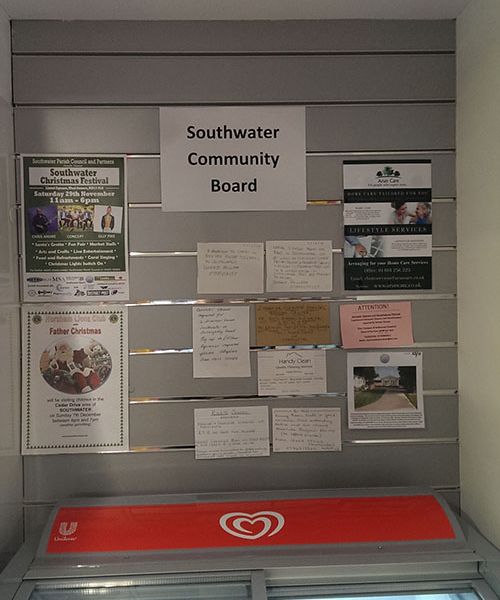
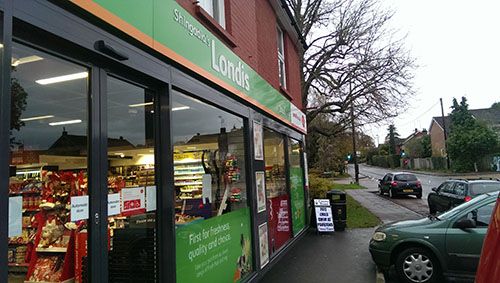
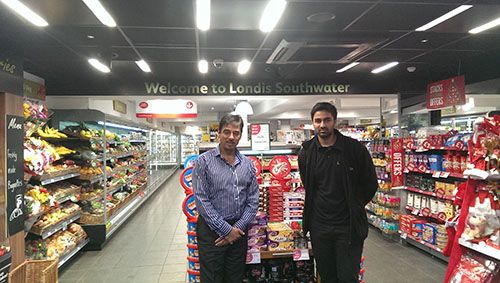
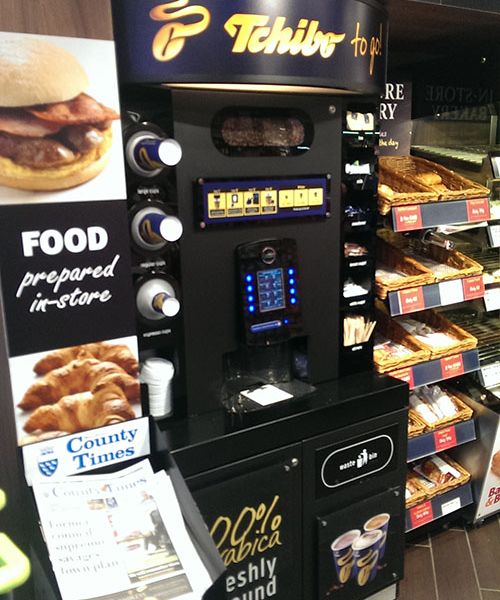
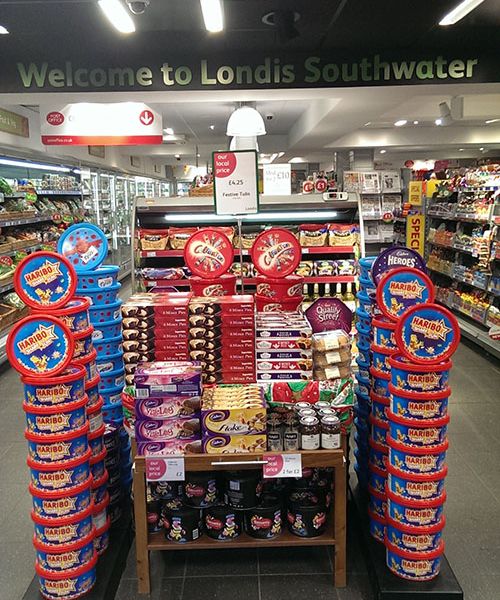
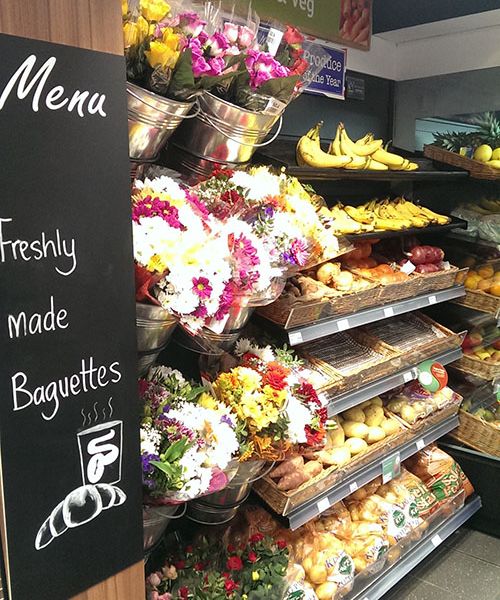
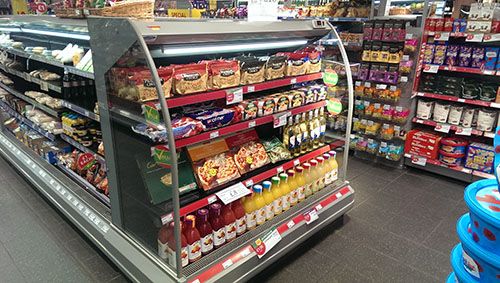
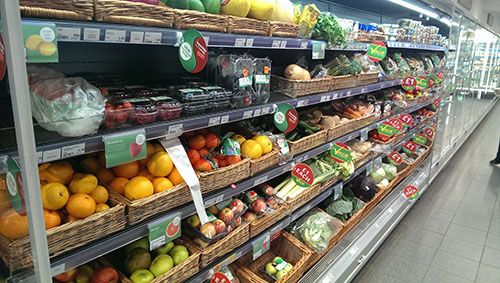
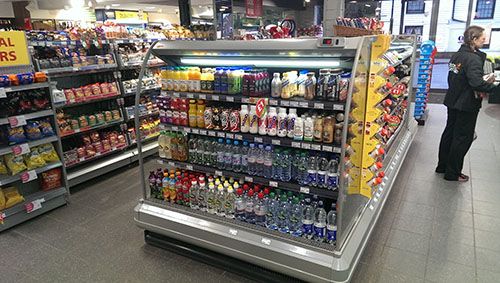



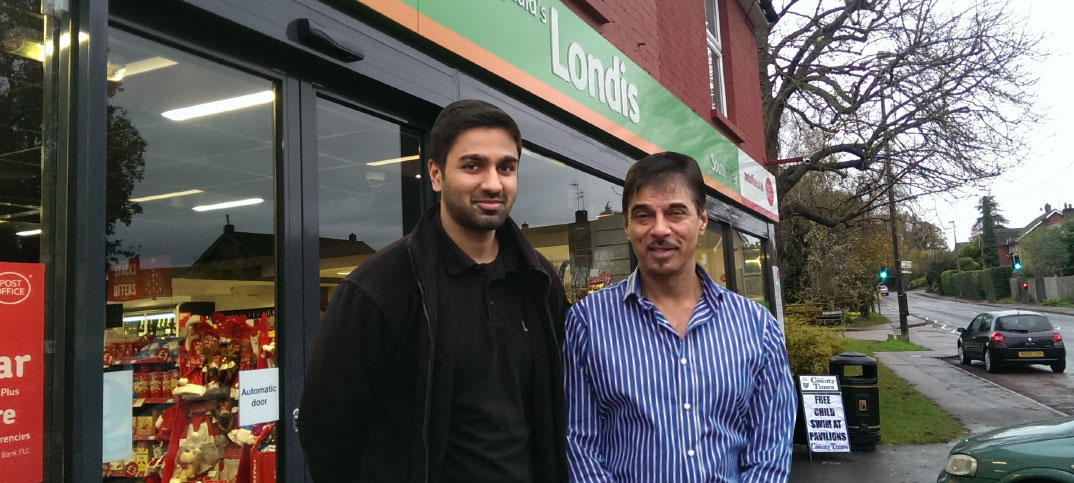

Comments
This article doesn't have any comments yet, be the first!